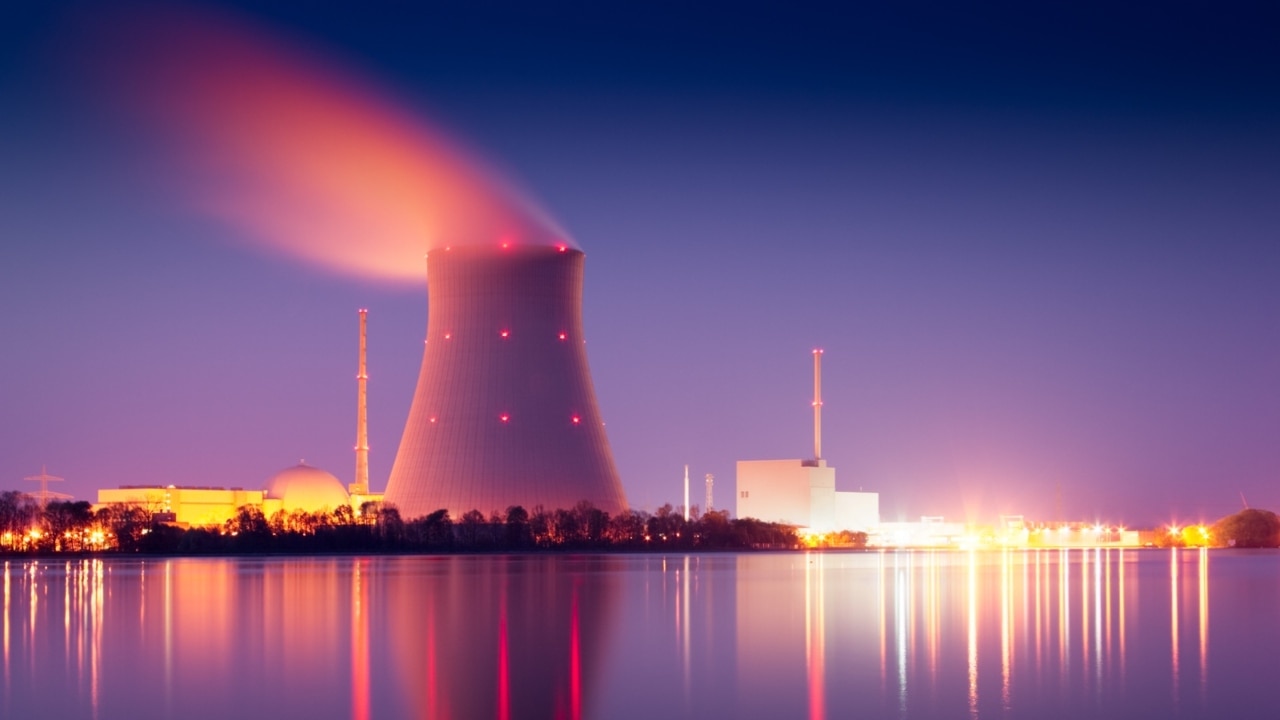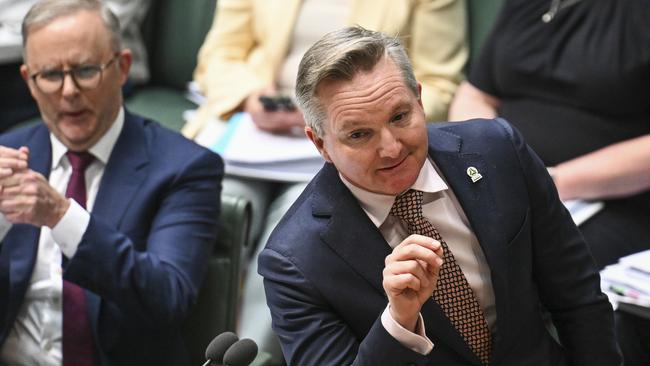Transmission lines developers face new consultation rules
Transmission line developers will have to engage early with the broad local community who may be affected by the installation of high voltage cables.

Transmission line developers will have to engage early with the broad local community who may be affected by the installation of high voltage cables, federal Energy Minister Chris Bowen will announce on Thursday.
The rule change marks an effort by the Labor government to improve and hasten development of transmission lines, which have emerged as the biggest bottleneck in Australia’s transition away from fossil fuels.
More than 10,000KM of high-voltage transmission lines have to be built before 2030 if Australia is to meet its aims of weaning off our dependency on coal and reducing emissions, but the rollout of the infrastructure has been slowed by opposition from local communities.
Without transmission lines, renewable energy developers will not accelerate work on zero emission generation projects, prompting Mr Bowen earlier this year to warn that social licence was the biggest challenge facing the country’s transition goals.
In a bid to improve and hasten work on the transmission lines, Mr Bowen will on Thursday announce the country’s Energy Market Commission will impose new requirements on transmission line developers that will force them to consult early and with the broad local community should they want to build the infrastructure.
“The Albanese government is making overdue improvements to ensure genuine consultation with local communities and help them reap the rewards of renewables, including cleaner, cheaper renewable energy,” Mr Bowen will say.
“The opposition spent 10 years failing to make the necessary reforms to improve community engagement in a rapidly changing energy market.”

The proposed rule change is the latest in a series of federal and state acts to improve development work.
In a bid to break the deadlock, Victoria and NSW have offered landowners affected by new transmission lines $200,000 for every kilometre of their land crossed by a major infrastructure project.
Funds are paid out in annual instalments over 20 years, indexed to inflation.
Queensland has gone even further. The state government in May said it would offer landowners who agreed to allow high-voltage transmission cables across their properties an average $300,000 per kilometre.
Australian officials are growing increasingly alarmed at the pace of building new transmissions, and protracted delays could derail the country’s transition ambitions.
The country has legislated a target of having renewable energy generate more than 80 per cent of total electricity by the end of the decade, a target that has accelerated the closures of coal power stations.
The Australian Energy Market Operator expects nearly two-thirds of all coal capacity will be shut down by 2030, but new slow development on transmission lines will curtail work on new zero-emission generation assets.
Delays in building new transmission lines are already having a significant impact on Australia’s electricity market.
The AEMO said much of Australia’s transmission infrastructure was now full and it was having to limit the generation output of many renewable energy developments to safeguard the country’s grid.






